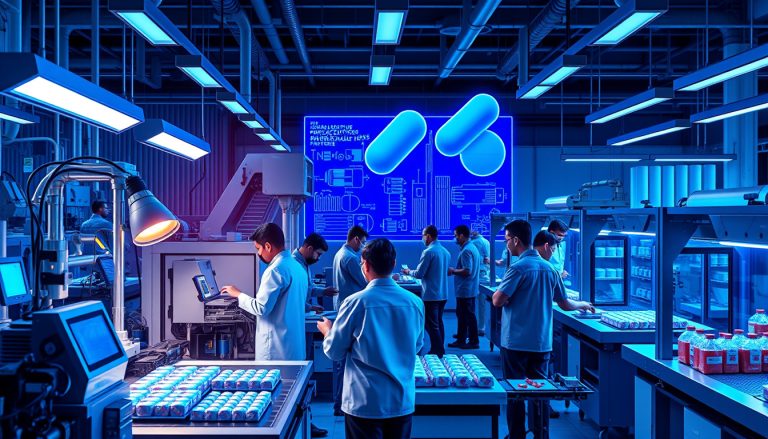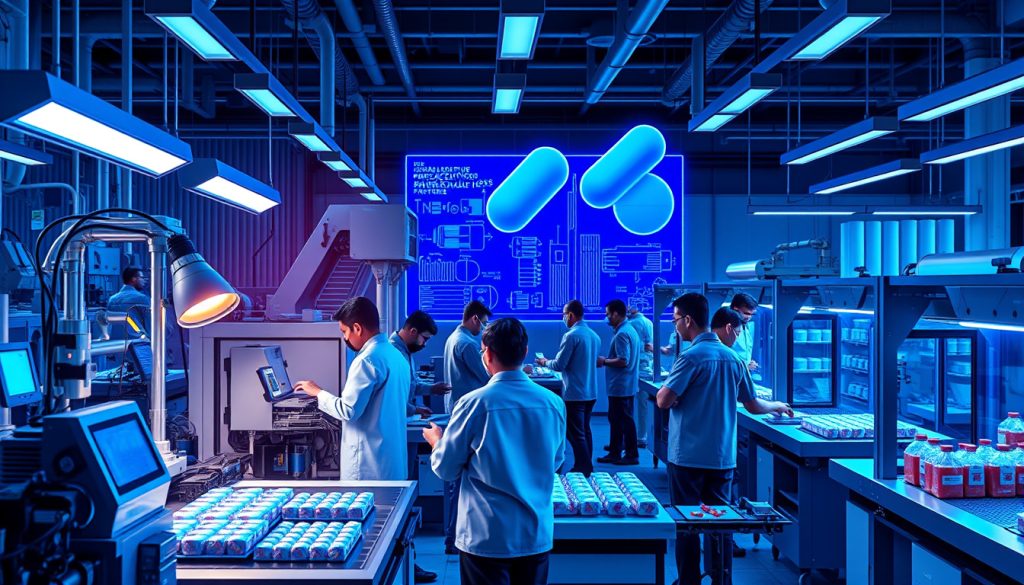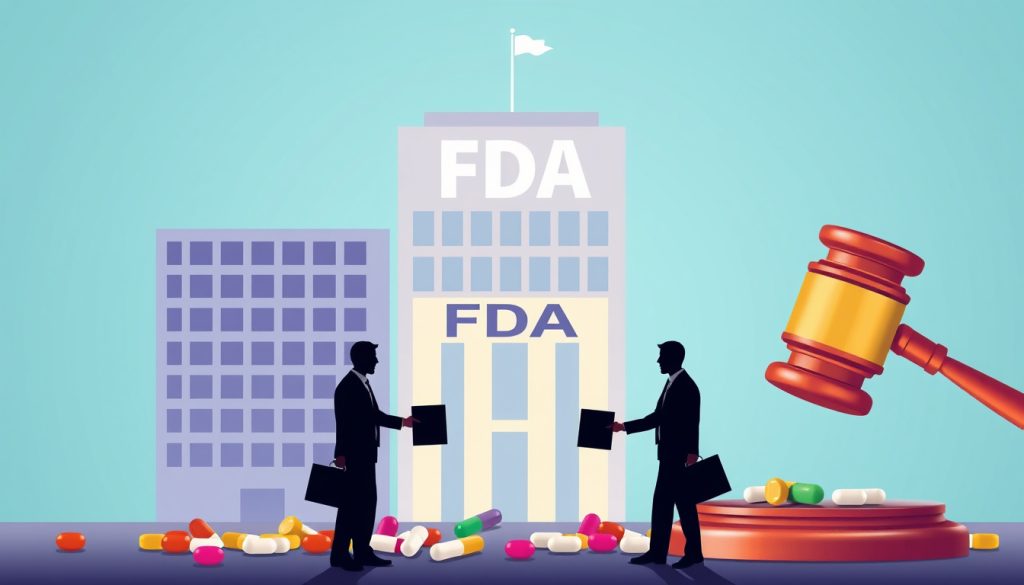In recent years, the imposition of tariffs has stirred considerable debate across various sectors, but few have been as closely scrutinized as the pharmaceutical industry.
Under President Donald Trump’s administration, tariffs have emerged as a tool aimed at reshaping trade dynamics, yet their implications stretch far beyond mere economics.
In this article, we delve into how these tariffs are influencing the strategies and operational landscapes of major pharmaceutical companies such as Merck, Bristol Myers Squibb, Sanofi, and Roche.
While initially, many of these giants have reported minimal disruption to earnings, the looming uncertainties prompt concerns regarding future collaborations, acquisitions, and market strategies.
Join us as we explore both the current impact of tariffs on these industry leaders and the strategic responses they are adopting to navigate this ongoing challenge.

Key Takeaways
- Trump’s tariffs have not yet significantly impacted major pharmaceutical companies’ earnings.
- Executives warn that looming tariff implications could disrupt deal-making and business strategies.
- Pharmaceutical firms are adapting to challenges posed by tariffs, with varying levels of caution in their responses.
Current Impact of Tariffs on Major Pharmaceutical Companies
Under the current administration, tariffs have become a focal point of discussion, particularly regarding their impact on various sectors, including the pharmaceutical industry.
Major players like Merck, Bristol Myers Squibb, Sanofi, and Roche have reported that, as of now, these tariffs have not critically impaired their earnings or operational capabilities.
However, executives within these corporations have voiced worries about the long-term consequences of sustained tariff policies, especially on future deal-making and overall strategic initiatives.
Roche’s CEO highlighted the potential drawbacks that tariffs might impose on collaboration efforts and mergers.
In response, these companies are strategizing to navigate the unpredictable landscape, with some, like Sanofi, adopting a more cautious approach to mitigate risks associated with these tariffs.
This evolving environment indicates that while the immediate effects may be negligible, the long-term ramifications could prompt significant shifts in how these pharmaceutical giants operate and engage in the global market.
Future Implications and Strategic Responses in the Pharmaceutical Industry
As the pharmaceutical industry grapples with the ongoing implications of tariffs, organizations are recalibrating their strategies to ensure resilience in an evolving economic landscape.
The prospect of escalating trade tensions raises questions on collaboration, partnerships, and mergers, which are crucial for innovation and growth within the sector.
Companies are exploring various avenues to maintain their competitive edge—whether it’s through diversifying supply chains, investing in local manufacturing, or enhancing R&D capabilities aimed at cost reduction.
Additionally, stakeholder communication becomes paramount in navigating investor concerns regarding future profitability amid these external pressures.
By proactively addressing these challenges, pharmaceutical companies aim to fortify their market positions and continue to deliver valuable treatments to patients worldwide.















